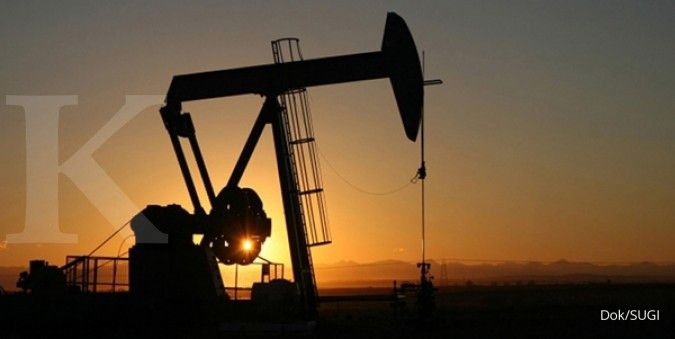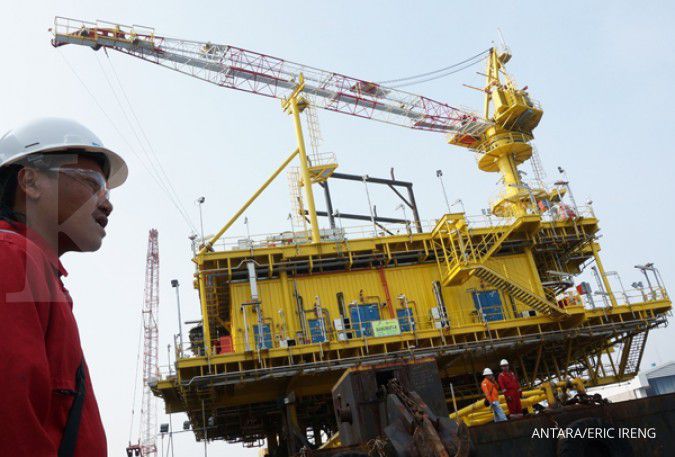JAKARTA. Adios cost recovery regime. The government on Wednesday (18/1) released Minister of Energy and Mineral Resources (ESDM) No 8/2017 on the Contract of Gross Split Profit Sharing. Implemented on 16 January 2017, the contractor will receive higher profit sharing. However, the cost recovery has been eliminated.
Minister of ESDM Ignasius Jonan said, the gross split scheme aims at reducing State Budget burdens. In this case, operational costs’ burdens will be charged to oil and gas contractor. As information, the cost recovery ceiling in 2016 was actually US$ 8.4 billion, but the cost was swelled by US$ 11.4 billion.
On the other hand, “The contractors will obtain high profits through efficiencies,” Jonan said. The new policy may attract investments in upstream oil and gas business, mainly in terms of investment licensing.
Furthermore, the higher oil price may also attract investment. The gross split regulation stipulates that the contractor will obtain higher profit sharing when the oil price goes down.
According to Jonan, the investment will be larger if the price is continuously increasing. If the price drops, like in 2014 when the price declined to US$ 27 per barrel, the investment will also be lower. “The oil and gas prices are determined by global markets. We provide supports in terms of regulation. President has directed to create regulations, which can improve investment,” Jonan said.
President Director of Pertamina Dwi Soetjipto said, the gross split scheme is actually challenging for the operators of oil and gas blocks. For an example, based on rough estimation, Pertamina (State Owned Oil Company) will obtain lesser revenues from operating Offshore North West Java (ONWJ) Block. “Pertamina will perform efficiencies to cover the revenue shortfall,” he said.
Meanwhile, Director of Indonesia Petroleum Association (IPA) Marjolijn Wajong said that the institution is still assessing the effectiveness of the policy, whether it is beneficial for the investment in oil and gas upstream. “We will observe the market reaction during the tender for oil and gas block,” Marjolijn told KONTAN, Wednesday (`18/1).
According to Marjolijn, the government also needs to revise some other factors, which are related to the gross split policy.
(Muhammad Farid/Translator)
/2016/12/20/1175265937p.jpg)











